Windows recommends buying a new PC, but should you?
Just because Windows recommends you buy a new PC, doesn't mean you should.
3 min. read
Published on
Read our disclosure page to find out how can you help Windows Report sustain the editorial team. Read more
Key notes
- Windows can quietly tell you it's time to change your PC.
- While the decision is yours, you should know that you can do some things first.
- Cleaning your Windows, and then cleaning your hardware should greatly improve performance.
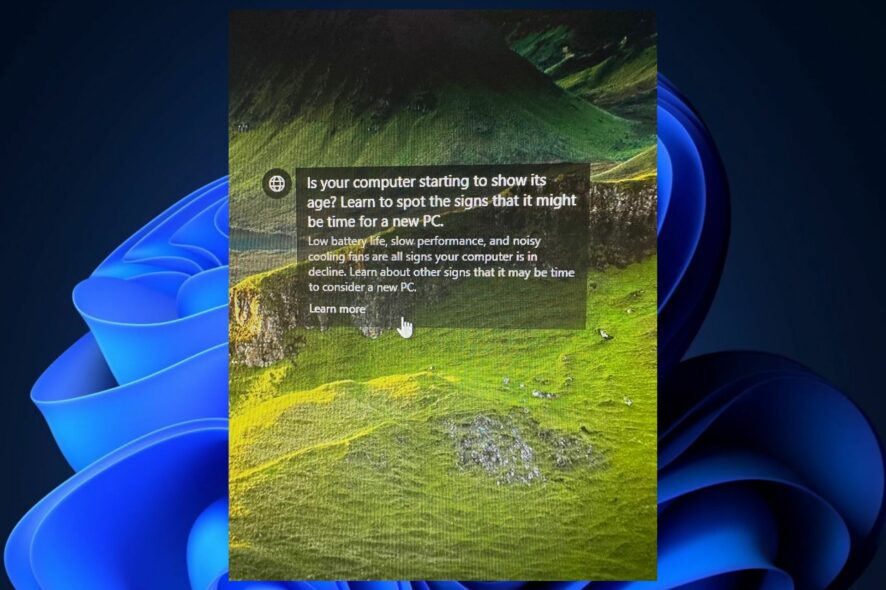
As operating systems, Windows 10 and Windows 11 have some really useful features. Windows 11, for example, is all about integrating AI into its performance, from Copilot, to eventually moving out on the cloud. Windows 10, while still very popular among Windows users, has reached the end, with the current version also being the last Windows 10 version.
However, it seems that on Windows 10, at least, the OS is keen on reminding users that maybe their PC is also reaching the end. Talking about it, from this perspective, Windows 10 might have just developed its own native AI capabilities; jokes aside, this user got a message/recommendation from Windows telling them their PC might have just reached its end. Or at least it’s approaching it.
The message is very straightforward and simple, and it tells you how to recognize a dying PC.
Is your computer starting to show its age? Learn to sport the signs that it might be time for a new PC. Low battery life, slow performance, and noisy cooling fans are all signs your computer is on decline. Learn about other signs that it may be time to consider buying a new PC.
So Windows recommends you buy a new PC, and it tells you why? But should you do it?
If Windows recommends you buy a new PC, here’s what you should do first, instead
Sure, buying a new PC is always the final answer. But you have to know that there are some things you can do, first. Maybe it’s not really the end of your computer, just yet.
First things first, optimize your Windows 10 and Windows 11. You should get rid of unnecessary items, files, and folders on your Windows 10 and Windows 11. Use a third-party app if possible, and clean your registries as well.
Keep your Windows 10 and Windows 11 as free as possible, by erasing all the data that you don’t need. That means trivial files should be deleted to make space.
After you’re done optimizing your Windows, move over to clean your hardware.
If you have a desktop computer, carefully disassemble it and clean the dust with wet wipes. Take out your coolers, clean them, and put them back. You can watch YouTube tutorials on how to disassemble your model. But don’t worry, you can do it even if you have never done it before.
For a laptop, it’s better to get it to a service, where specialists will take care of cleaning it for you. It’s still much cheaper than buying a whole new one.
Our advice is that you should not buy a new PC just because Windows recommends you buy a new PC. If your PC is still performing well, you should just take some time to maintain it.
What do you think about this? Let us know in the comments section below.

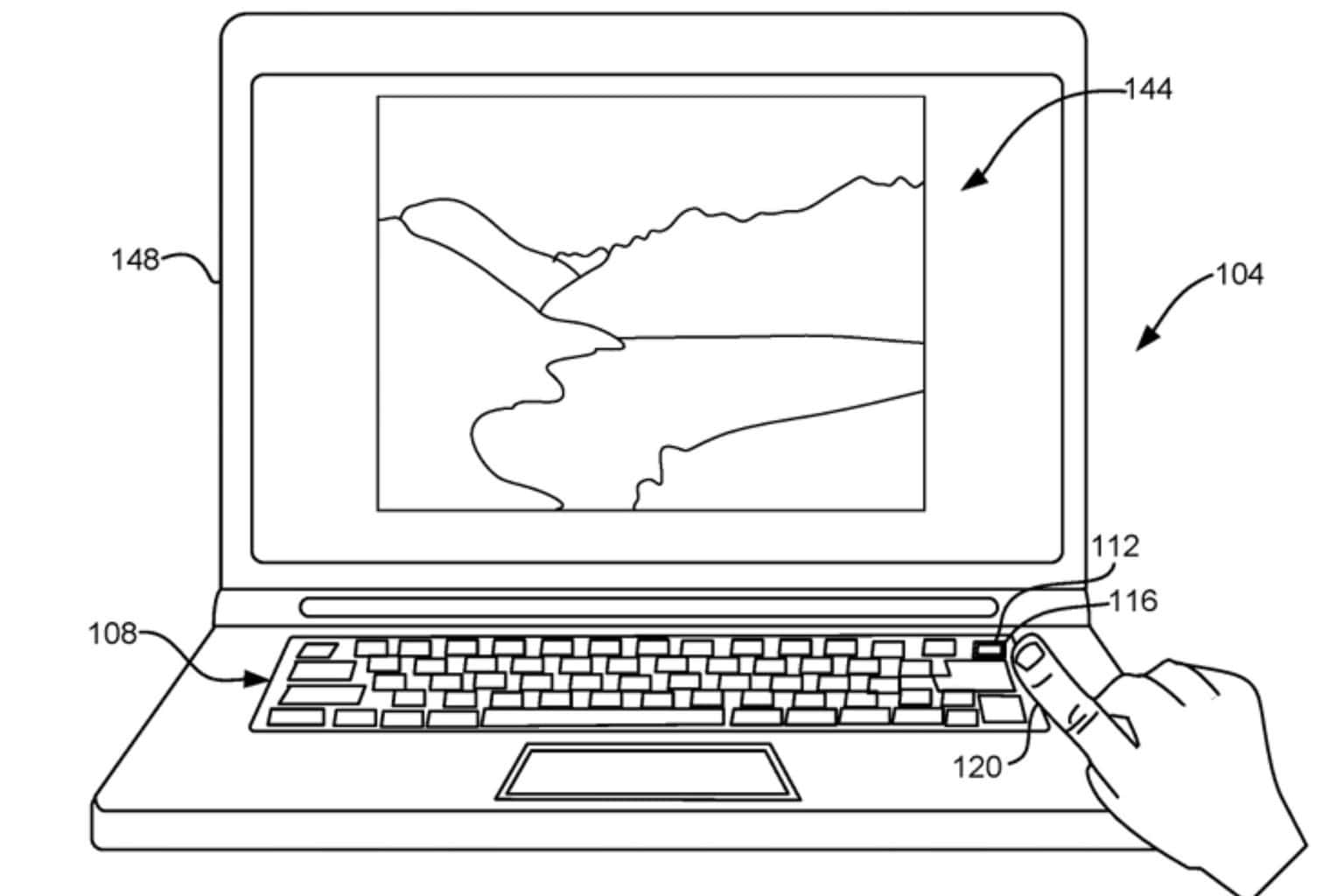
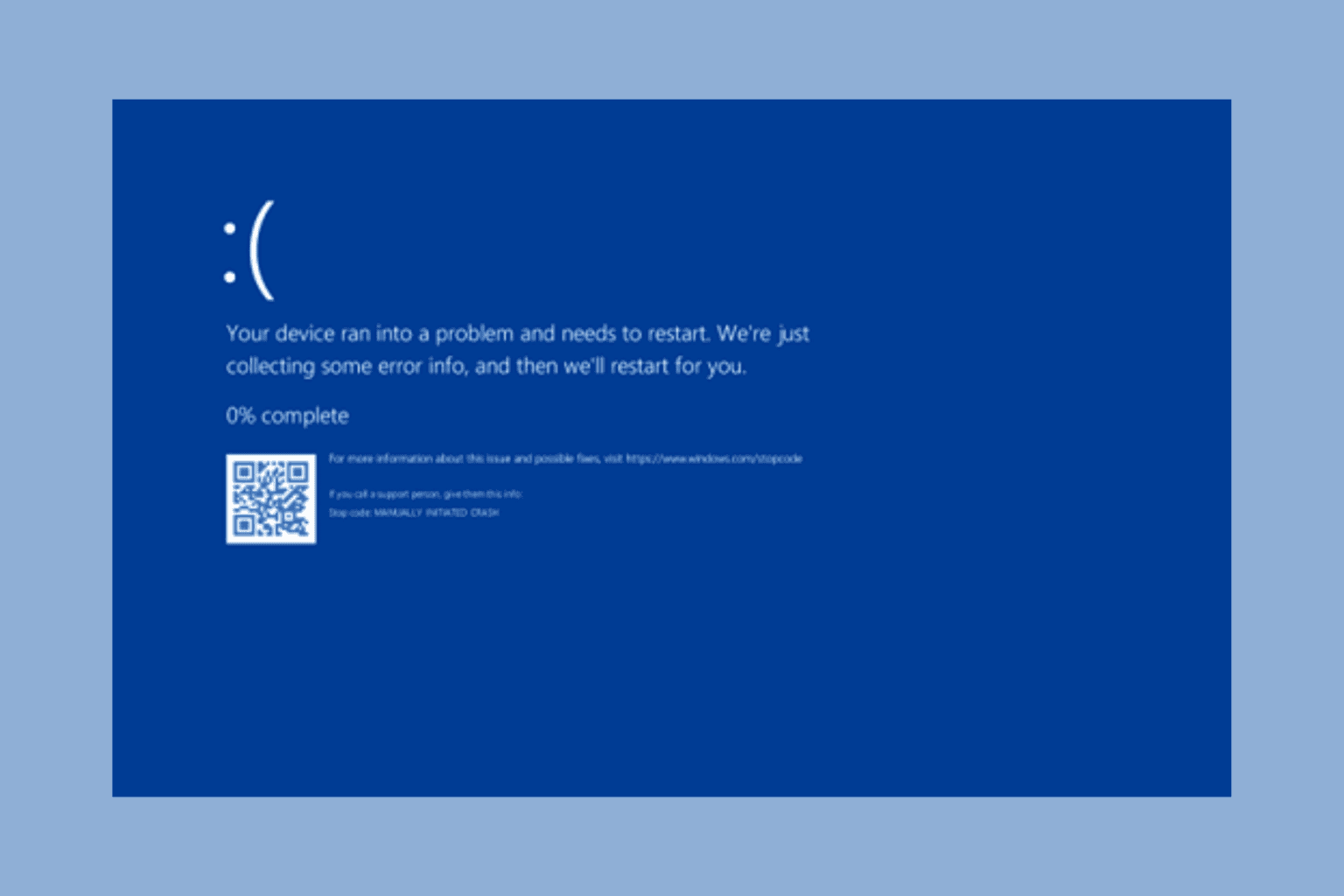
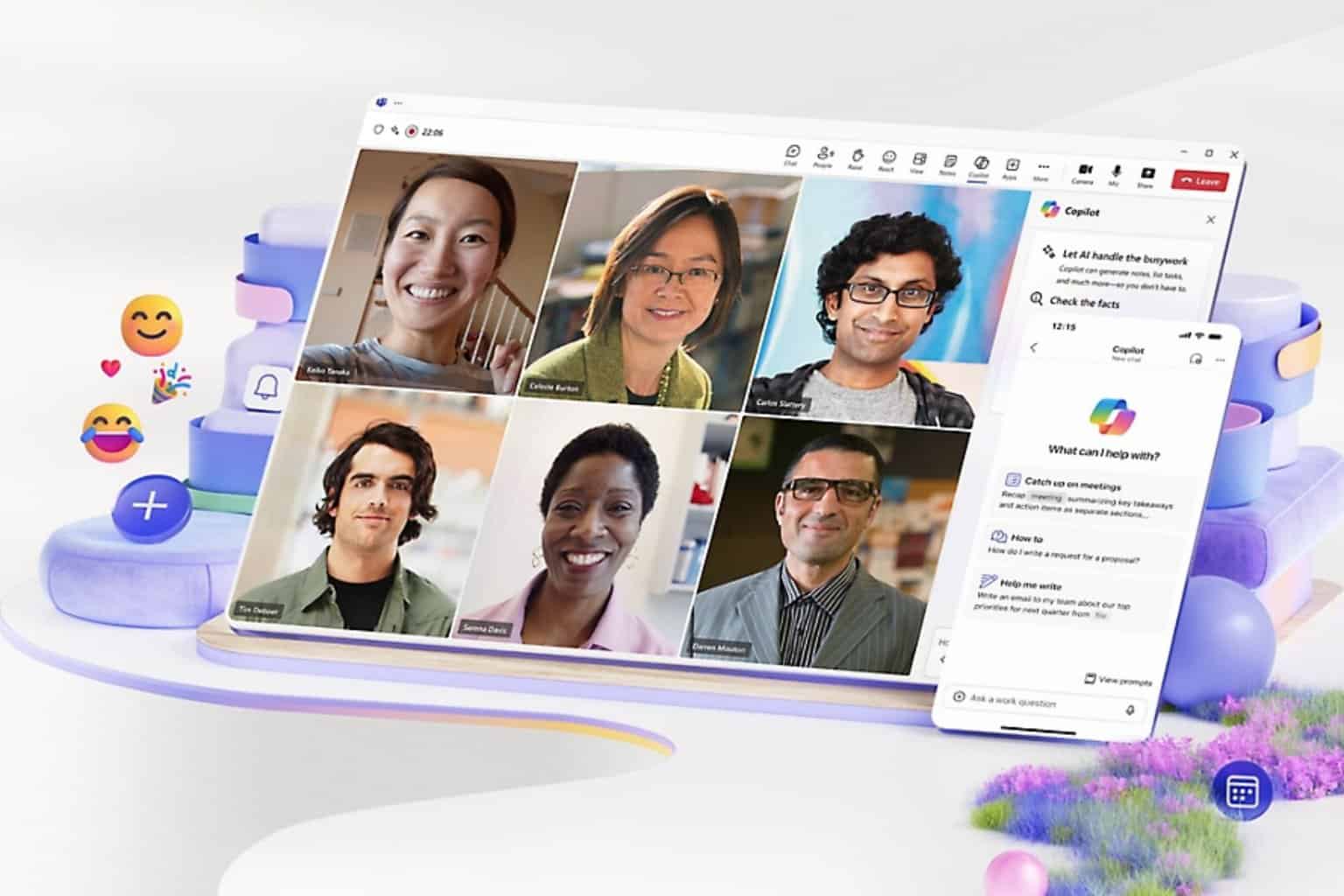
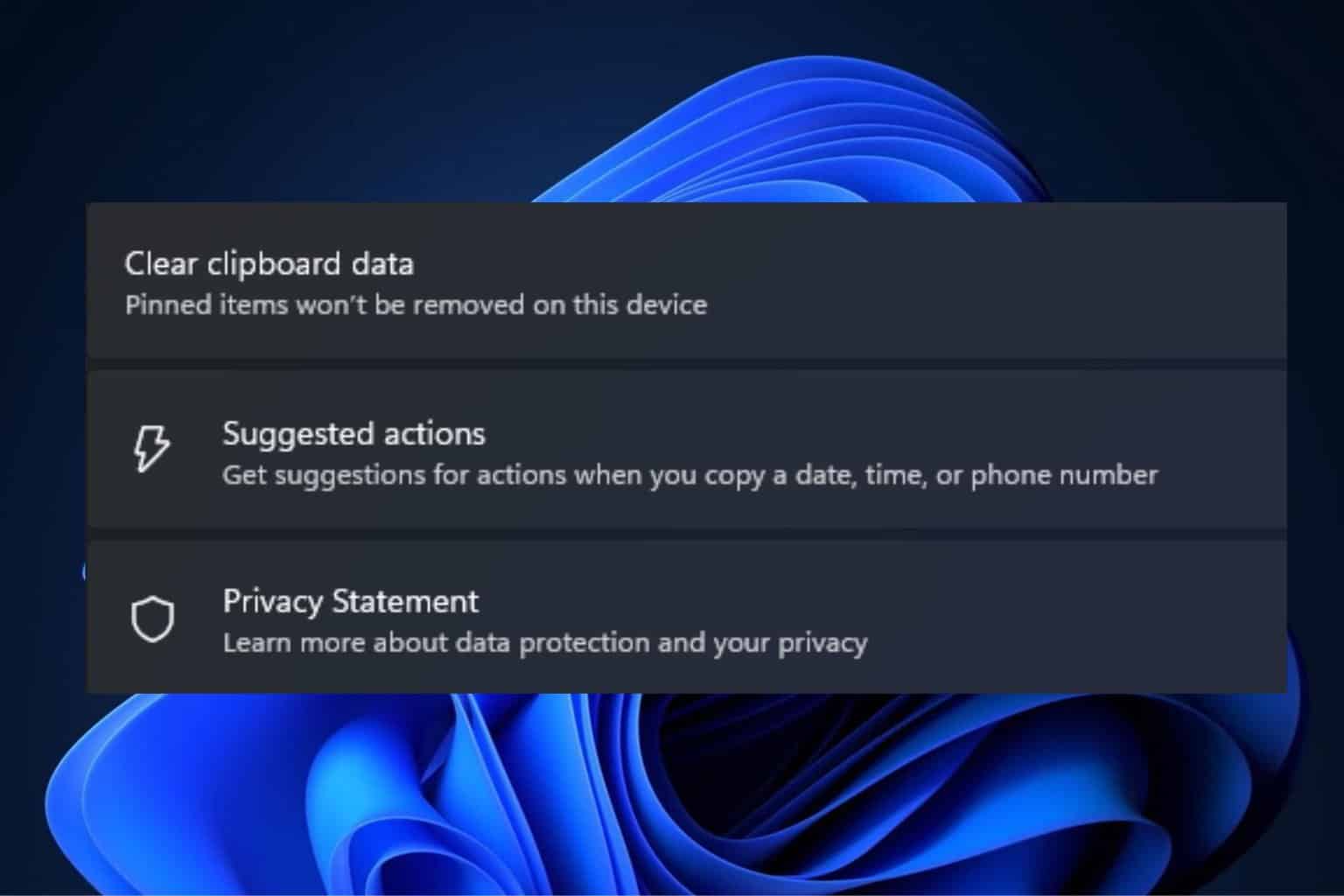
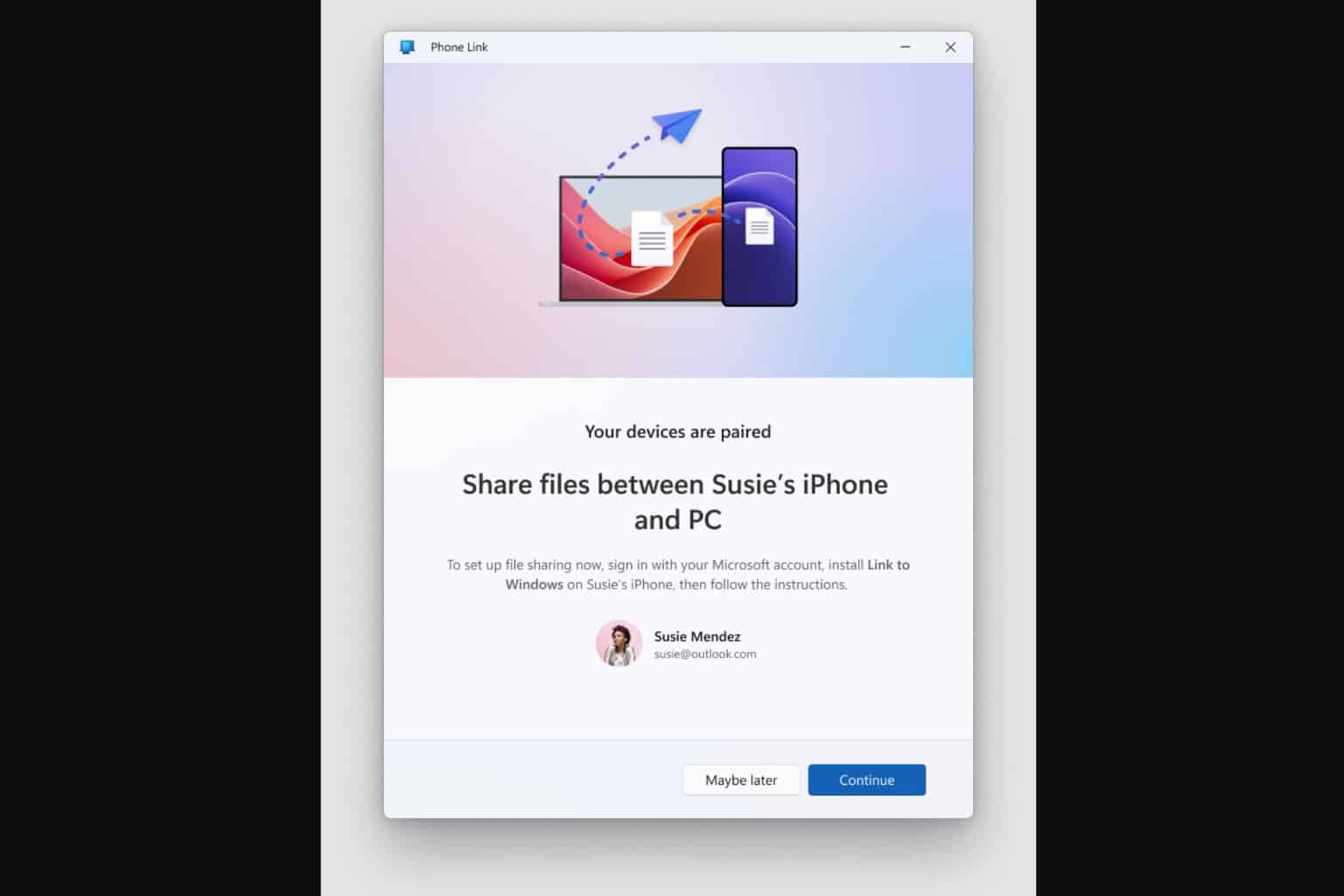
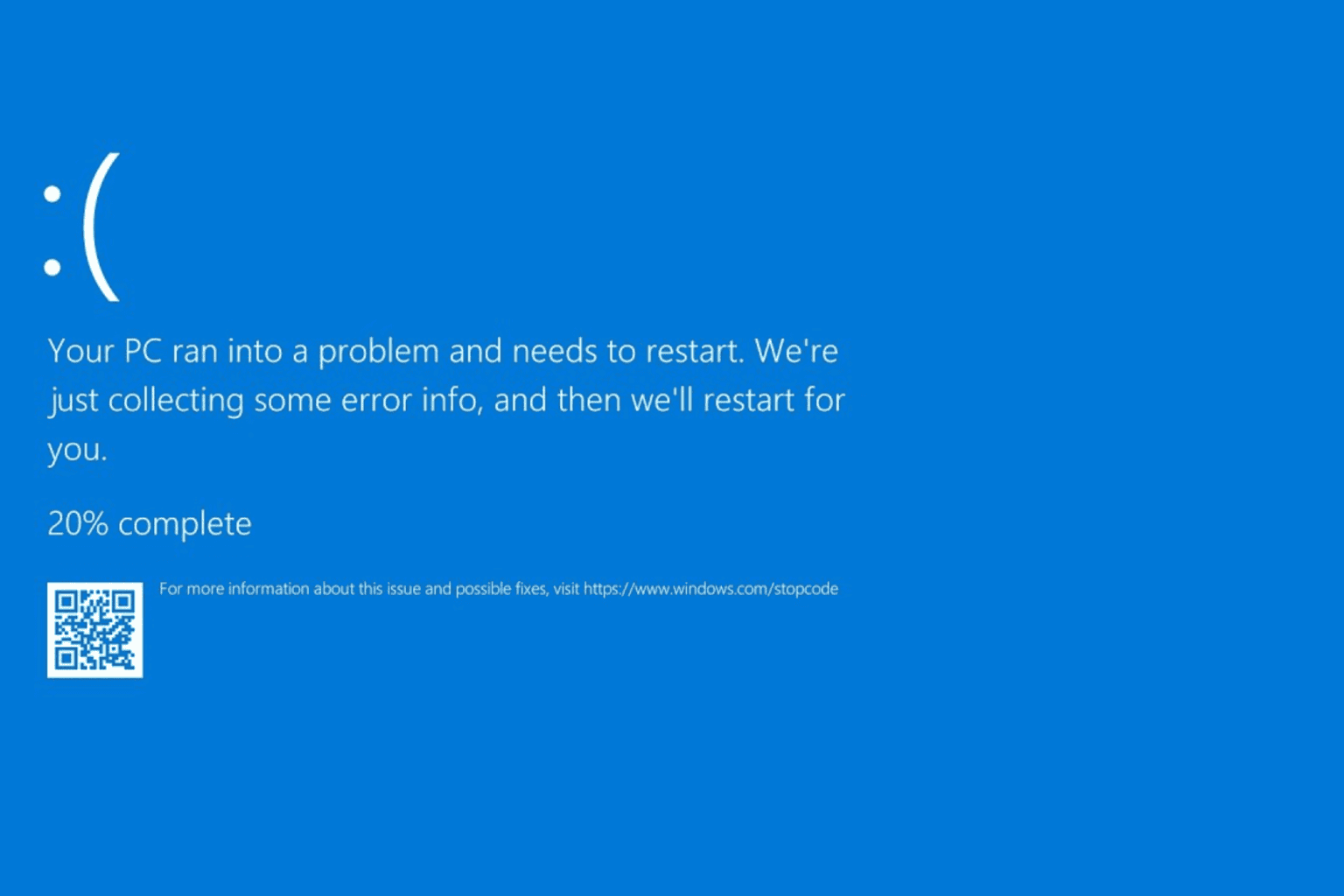
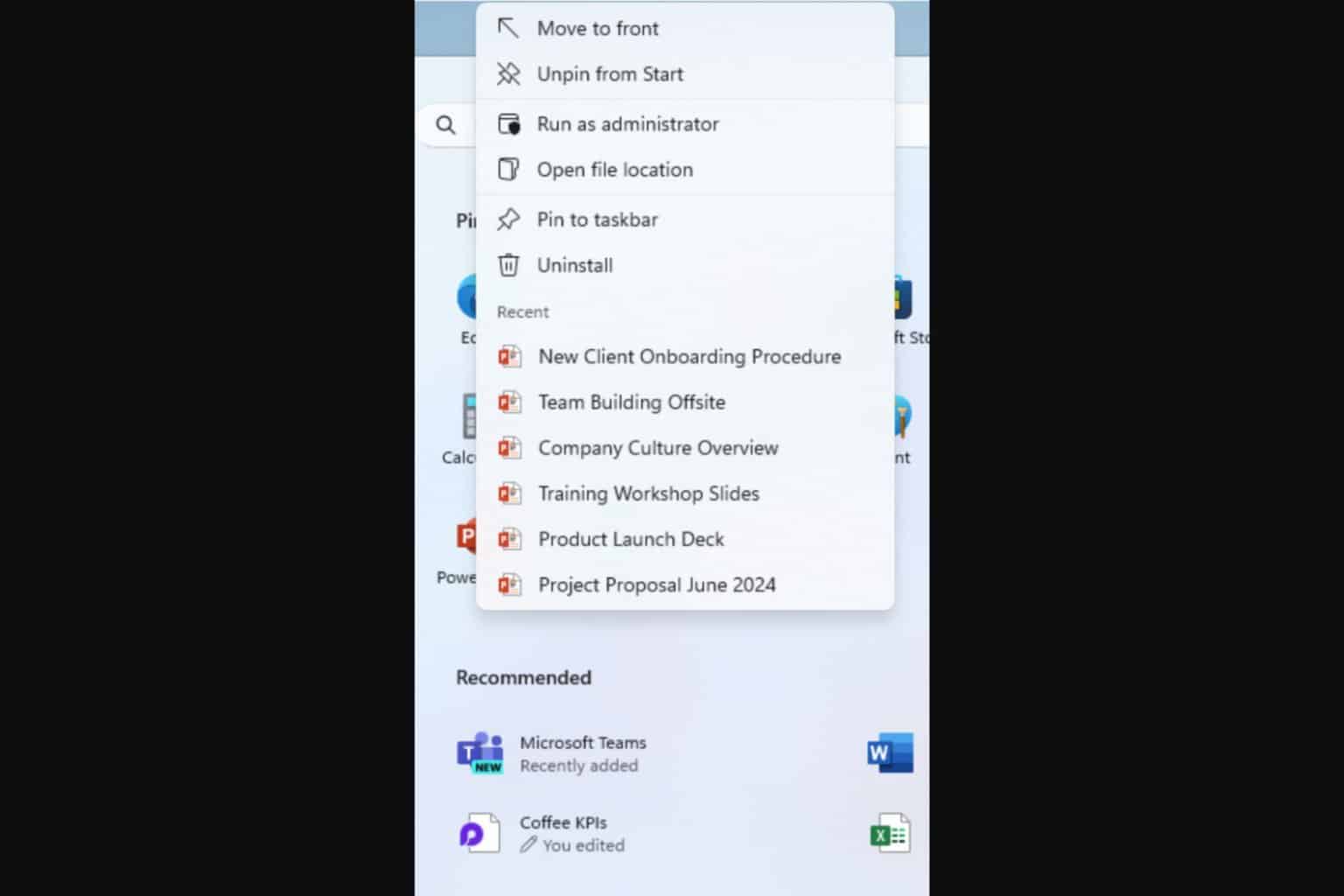
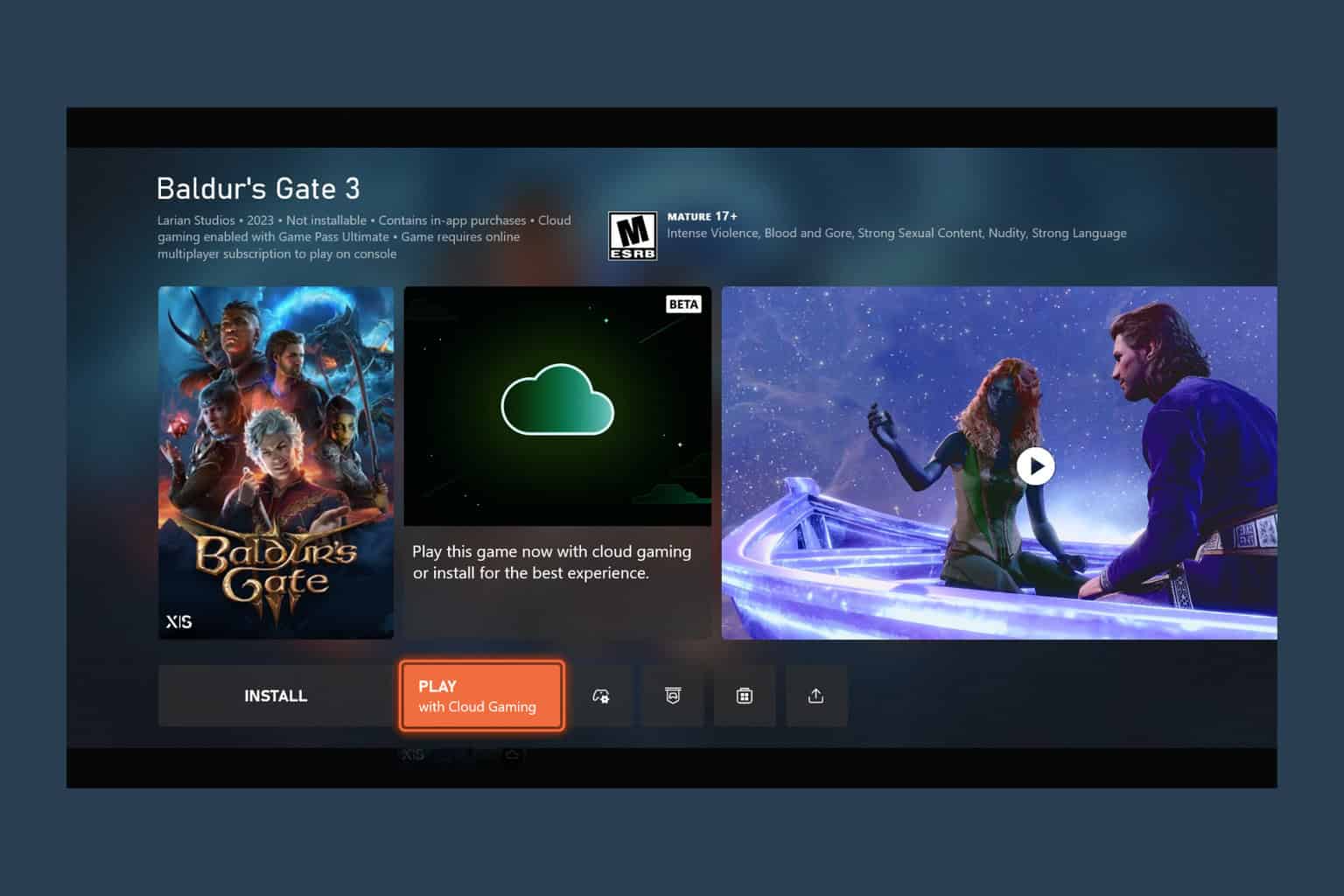
User forum
0 messages